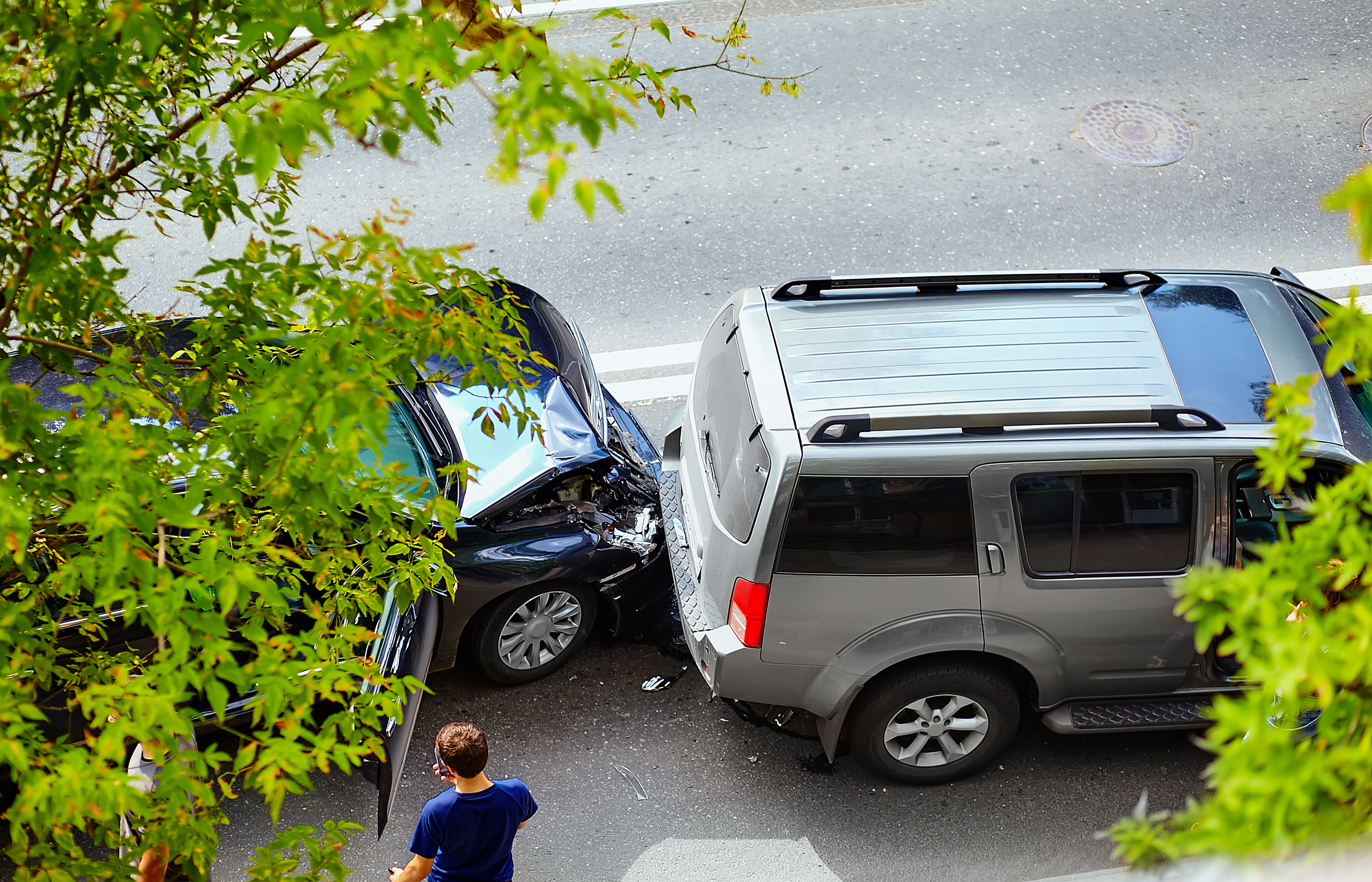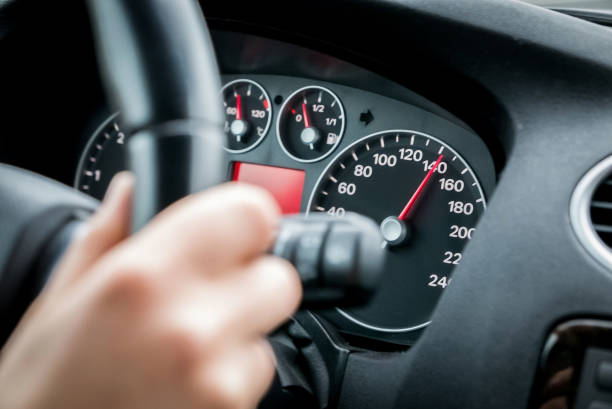
If you’ve recently been involved in an accident, you might be wondering if it’s still possible—or even smart—to switch car insurance providers. Whether you’re facing rising premiums, poor customer service, or just want better coverage, this guide breaks down everything you need to know before making a move.
Is It Legal to Switch After an Accident?
Yes, you can legally switch your car insurance provider even after an accident. There are no laws preventing you from changing insurers at any time. However, there are important factors to consider before you make the switch—especially if your claim is still being processed.
What Happens to Your Open Claim?
Your current insurance company is still responsible for handling any claims related to the accident, even if you switch providers afterward. If you've already filed a claim, it won't be canceled or transferred to the new insurer. The new policy will only cover incidents that occur after your switch date.
Key takeaway: Don't cancel your existing policy until all claims are resolved.
Will Your Rates Go Up with a New Insurer?
It depends. Insurance companies consider your accident history when determining your premium. If the accident was your fault or recently reported, most insurers will view you as a higher risk and adjust your quote accordingly. However, if the accident wasn’t your fault, some insurers may offer more favorable rates.
Tip: Compare multiple quotes to see which provider offers the best rate post-accident.
When Should You Switch?
Here are a few smart times to consider switching, even after an accident:
- At renewal time: You might avoid cancellation fees and get a clean break.
- If rates go up drastically: Use it as a chance to shop around for a better deal.
- If service was poor during your claim: A bad claims experience is a valid reason to switch providers.
Will Switching Help You Save Money?
Potentially, yes. Not all insurers weigh accident history the same way. Some may penalize you more than others. If your current company raises your rates significantly, a new provider may still offer a more affordable option—even after an accident.
Can You Switch with a Claim in Progress?
Yes, but be careful. Your current insurer will still manage any open claims, so switching won’t impact the ongoing process. However, it's best to wait until the claim is closed unless you urgently need to change providers due to costs or coverage issues.
What to Watch Out For
Switching insurance after an accident comes with a few cautions:
- Cancellation fees: Some companies charge an early termination fee.
- Gaps in coverage: Make sure your new policy starts before your current one ends.
- Rate transparency: Be honest during your application. Failing to mention the accident can result in denial of coverage later.
How to Switch Car Insurance After an Accident
- Review your current policy: Check for cancellation fees and open claims.
- Compare quotes: Shop around with multiple insurers for post-accident rates.
- Be upfront: Disclose the accident and any other relevant history.
- Choose a start date: Avoid any lapse in coverage.
- Cancel your old policy: Only after your new policy is active and all claims are resolved.
Final Thoughts
Yes, you can switch car insurance after an accident. And in some cases, it may be the smartest thing to do—especially if your current insurer hikes up your rates or gives you poor service. Just be strategic. Compare quotes, understand how your accident impacts your profile, and always make sure there’s no coverage gap in the process.






